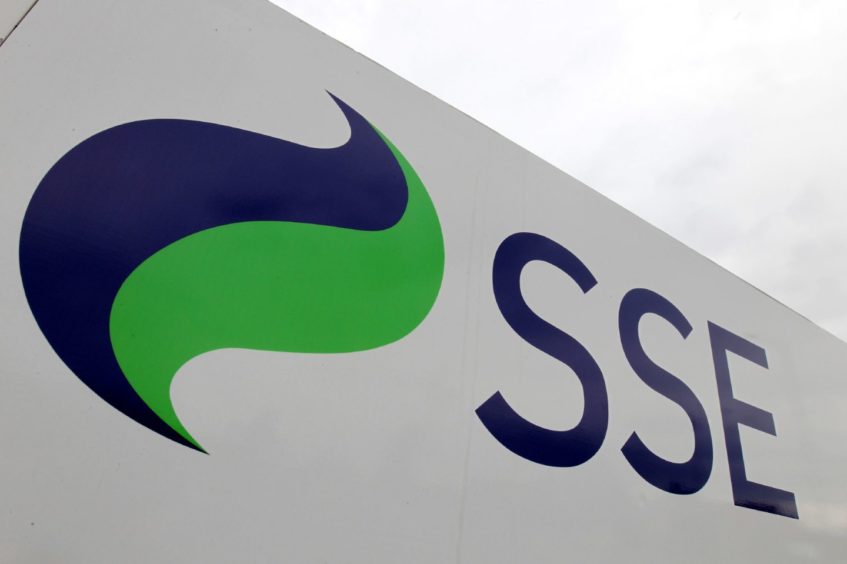
A battle is brewing between SSE and activist investor Elliott Advisers over the future direction of the Scottish energy firm.
Elliott, which owns a stake of between 3-5% in the company, has sent a letter to SSE chairman Sir John Manzoni, calling for “a detailed and credible plan to address investor concerns around SSE’s corporate governance, its ability to fund its growth in the long term, and its persistent undervaluation.”
Shares ‘underperforming’
Expressing disappointment over the launch of SSE’s £12.5 billion Net Zero Acceleration Programme on November 17, Elliott said the Perth-based company had “failed to provide any convincing explanation” for why it was not pursuing a stock market listing for its renewables business.
The investor – part of US-based Elliott Investment Management – added: “While SSE announced an initial sale of a minority stake in “networks” (Scottish and Southern Electricity Networks, or SSEN, the group’s distribution arm), both the quantum and
the timing of that transaction lacked ambition.”
Elliott claimed SSE’s shares – worth 1,635.5p, as of 4.10pm today (December 7) – were underperforming.
£5bn missed opportunity?
It added: “Elliott believes SSE’s high-quality portfolio of networks and renewables assets is worth £21 per share, and that the company could have unlocked £5bn of value through a listing of its renewables business.”
Elliott wants to see a “more ambitious” disposal of SSEN, and a partial listing or part disposal of SSE Renewables.
It is also seeking the addition of two new independent directors with renewables experience to the board.
In addition, Elliott called for a strategic review committee composed of independent board members.
Responding, SSE chief executive Alistair Phillips-Davies said the company’s Net Zero Acceleration Programme was launched following a “rigorous process involving constructive engagement with shareholders, and consideration of independent advice.”
Mr Phillips-Davies insisted the programme offered “the optimal pathway to accelerate clean growth, lead the energy transition and create value for all stakeholders”.
He added: “Since then, we’ve continued to have constructive and supportive discussions with our major shareholders and stakeholders about the plan.”
SSE’s strategy was also backed by Moody’s, he said, highlighting the credit rating agency upgrading its outlook for SSE’s shares to stable “on the strength of the plan”.
Mr Phillips-Davies continued: “We are the UK’s clean energy champion.
“Our plans maximise our potential and will mean we are investing around £7 million a day, enabling delivery of over 25% of the UK Government’s 2030 40GW (gigawatts) offshore wind target and over 20% of upcoming UK electricity networks investment, whilst deploying flexibility solutions and exporting our renewables capabilities overseas.
“Separation risks valuable growth options across the clean energy value chain, and would jeopardise our ability to finance and deliver the major infrastructure the UK needs to create jobs and achieve net-zero.”
It would also result in the loss of shared skills that benefit the group, he said.
He added: “Separation does not support the financing of our core growth businesses and would rule out adjacent growth options, as well as reducing the resilience of the business.
“It is not the right outcome to maximise value for shareholders or our other stakeholders.”
Governance concerns
Elliott is understood to be more concerned with the governance of SSE, rather than the substance of its divestment plans.
Industry sources told The Press and Journal the activist investor was unhappy with SSE’s leadership and seeking change.
In 2015-16, Elliott was at the heart of a battle for control of financial services firm Alliance Trust.
Elliot built up its stake in the Dundee-based group, forcing Katherine Garrett-Cox – one of the City’s most high-profile women in business – to step down from its main board and then as head of Alliance Trust Investments.
Recommended for you

 © Supplied by SSE
© Supplied by SSE